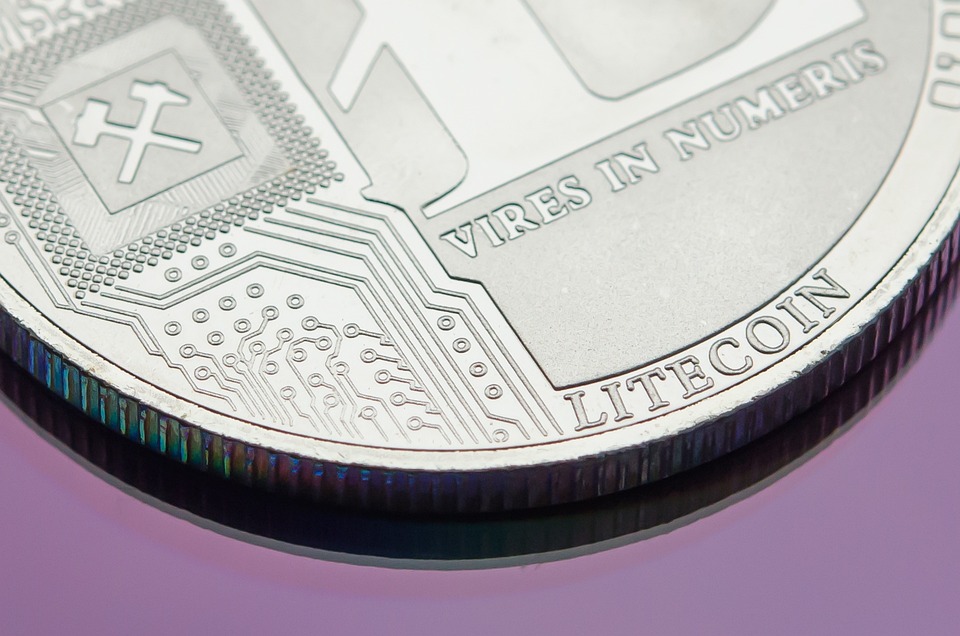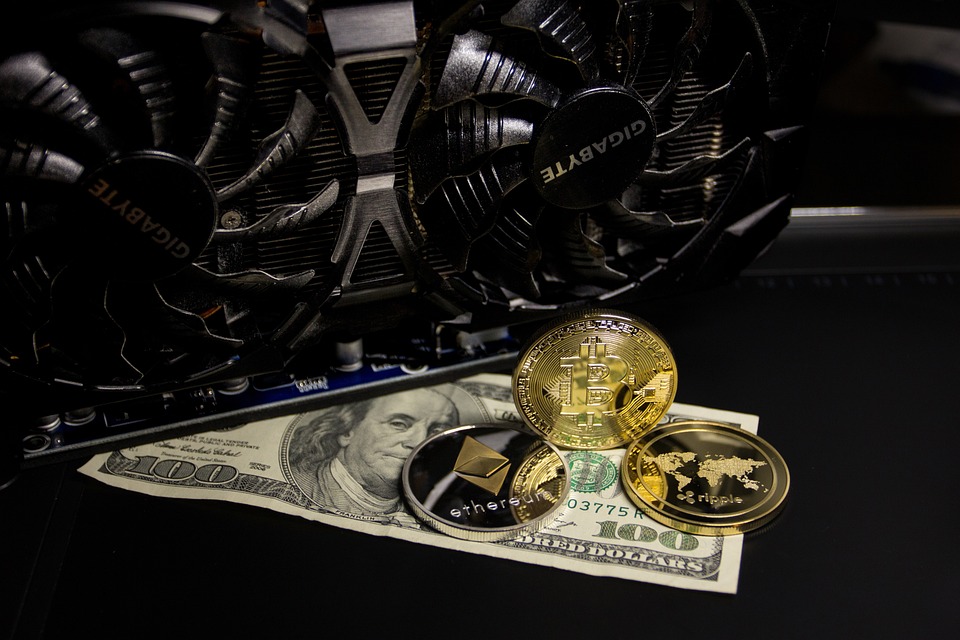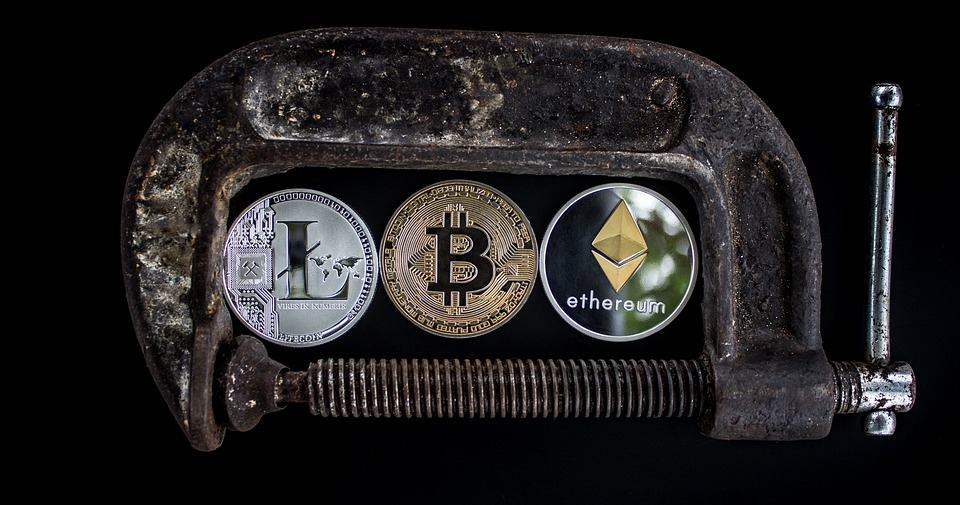The rise of the decentralized economy has been a revolutionary development in the world of finance and commerce. With the advent of blockchain technology and smart contracts, individuals can now participate in peer-to-peer transactions without the need for intermediaries such as banks or financial institutions.
While the decentralized economy offers numerous opportunities for financial empowerment and innovation, navigating this new landscape can be daunting for those who are unfamiliar with its unique characteristics. Here are some key things you need to know about navigating the decentralized economy:
1. Understanding Blockchain Technology: At the heart of the decentralized economy is blockchain technology, a distributed ledger that records transactions in a secure and transparent manner. Every transaction that takes place on the blockchain is verified by multiple participants in the network, ensuring that all parties can trust the integrity of the system. Understanding how blockchain technology works is essential for participating in the decentralized economy.
2. Smart Contracts: Smart contracts are self-executing contracts with the terms of the agreement written into code. These contracts automatically enforce the terms of the agreement without the need for intermediaries, streamlining transactions and reducing the risk of fraud. Smart contracts play a crucial role in the decentralized economy, as they enable individuals to engage in complex transactions without the need for trust or reliance on third parties.
3. Wallet Security: In the decentralized economy, individuals store their digital assets in wallets, which are software applications that allow users to securely store, send, and receive cryptocurrencies. It is essential to prioritize security when using wallets, as hackers and cybercriminals are always looking for opportunities to exploit vulnerabilities in the system. Make sure to use secure passwords, enable two-factor authentication, and store your private keys offline to protect your digital assets.
4. Diversification and Risk Management: Like any investment, participating in the decentralized economy carries risks. To mitigate these risks, it is important to diversify your holdings and practice sound risk management strategies. Instead of putting all your eggs in one basket, consider spreading your investments across different cryptocurrencies and projects to minimize the impact of any potential losses.
5. Stay Informed: The decentralized economy is a rapidly evolving space, with new projects and technologies emerging all the time. To navigate this dynamic landscape successfully, it is crucial to stay informed about the latest developments in the industry. Follow reputable sources of information, participate in online communities, and engage with other participants in the decentralized economy to stay up to date on trends and opportunities.
Overall, navigating the decentralized economy requires a combination of technical understanding, security awareness, and strategic decision-making. By taking the time to educate yourself about blockchain technology, smart contracts, wallet security, diversification, and risk management, you can position yourself for success in this groundbreaking new economic paradigm. With the right knowledge and mindset, you can harness the power of the decentralized economy to unlock new opportunities for financial empowerment and innovation.




